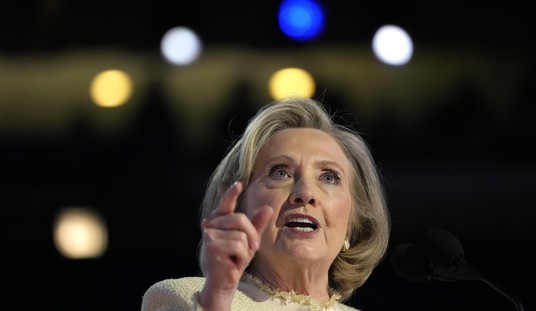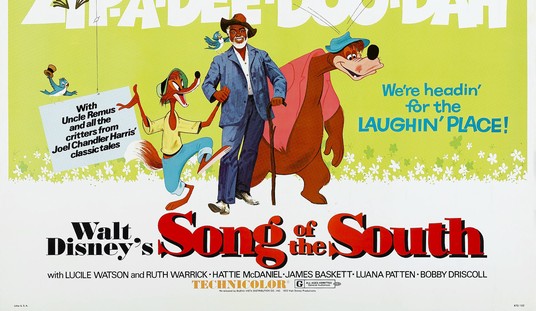
No she doesn’t.
Here’s the strategy as outlined by Mark Halperin and Jennifer Epstein:
At the Democratic National Committee meeting in Minneapolis, where she will speak Friday, senior Clinton campaign officials are claiming that she has already secured one-fifth of the pledges needed to win the Democratic presidential nomination. They come from current and former elected officials, committee officeholders, and other party dignitaries.
The campaign says that Clinton currently has about 130 superdelegates publicly backing her, but a person familiar with recent conversations in Minneapolis said that officials are telling supporters and the undecided in the last few days that private commitments increase that number to more than 440—about 20 percent of the number of delegates she would need to secure the nomination.
This is smoke and mirrors, meant to convince any fence-sitting opponents (cough, Joe, cough) to stay right there up on that fence.
GOP strategist Rick Wilson didn’t actually reply with, “Oh, reeeeeeeeealy?” But he might have been thinking it when he sent out this tweet:
Imma just note that superdelegate strategy of Hillary's is…well… http://t.co/ILAoqyV8kc http://t.co/qNRpKPnPAd http://t.co/TlG2bP89Bg
— Rick Wilson (@TheRickWilson) August 28, 2015
So what did he find in just “10 seconds” of Googling.
First up, Hillary’s problem:
In a relatively short amount of time, Clinton has gone from being the inevitable winner to being the underdog to being a dead woman walking.
She needs superdelegates to win the nomination, but what is her argument to superdelegates?
Can she promise them she will win a majority of the pledged delegates that voters have chosen in primaries and caucuses? No.
Can she promise them she can take the lead in the popular vote? No.
Can she promise them she can win a majority of the primary and caucus states? No.
That was Politico’s Roger Simon (not my former boss Roger L. Simon) writing in 2008! Nothing has changed since then, including the blueprint for beating her:
The insurgent strategy [Senator Barack Obama’s] group devised instead was to virtually cede the most important battlegrounds of the Democratic nomination fight to Clinton, using precision targeting to minimize her delegate hauls, while going all out to crush her in states where Democratic candidates rarely ventured.
The result may have lacked the glamour of a sweep, but last night, with the delegates he picked up in Montana and South Dakota and a flood of superdelegate endorsements, Obama sealed one of the biggest upsets in U.S. political history and became the first Democrat since Jimmy Carter to wrest his party’s nomination from the candidate of the party establishment. The surprise was how well his strategy held up — and how little resistance it met.
Fact: Hillary doesn’t caucus well. And without the human touch of, say, a Joe Biden or a Bernie Sanders, how well can Hillary really do with superdelegates? Another story from 2008 offers a clue:
“Sen. Clinton had this humility about her, this vulnerability, this realness,” said Larson, a Democratic National Committee member from Minnesota. “I thought, ‘I really like her.’”
But then came Sen. Barack Obama’s winning streak. He won in Louisiana, Nebraska, Washington and the Virgin Islands. He picked up Maine. He swept Virginia, Maryland and the District of Columbia.
Obama peeled off 12 wins in a row, and Larson found herself swept up in the excitement.
“‘I have to endorse Barack,’” she recalls thinking. “‘I know I do.’”
The only question you really need an answer to is, What’s the new Barack?










Join the conversation as a VIP Member